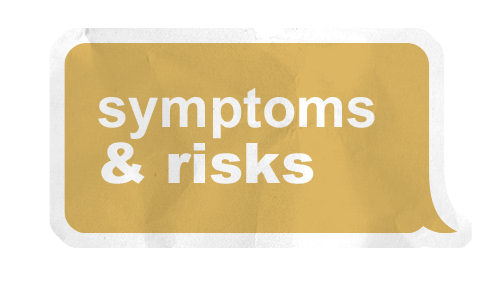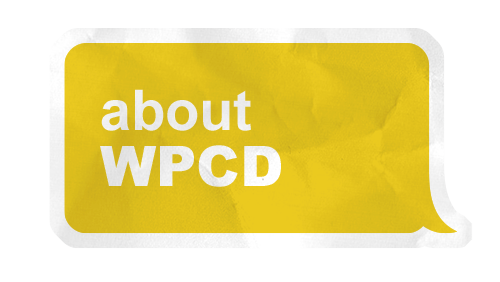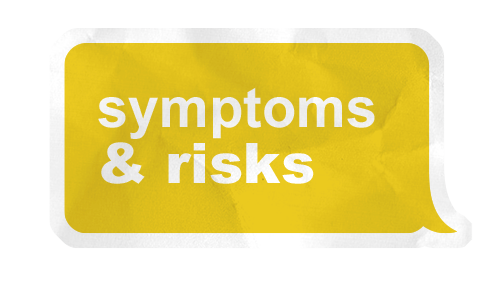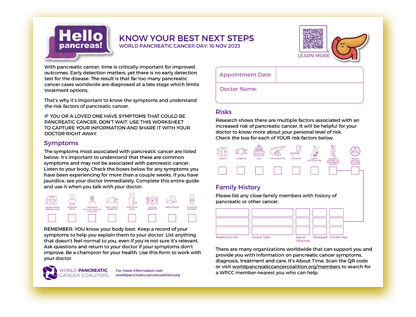Symptoms
One of the reasons for low survival rate is a general lack of knowledge about the pancreas.
This year the WPCC would like to reintroduce you to your pancreas in the hopes that more people around the world understand the importance of this small but mighty organ.
Say “Hello Pancreas” by learning how to recognize the symptoms of pancreatic cancer.
Important: These symptoms may have more common causes. They can also be caused by conditions such as pancreatitis (inflammation of the pancreas), gallstones, irritable bowel syndrome (IBS) or hepatitis (inflammation of the liver).
If you have jaundice, contact a doctor immediately. If you experience any of these symptoms for more than a couple weeks, don’t wait. Talk to a doctor.



















